PISC Publications and News Features
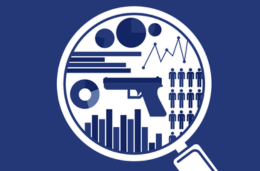
Terry Richmond moderated a panel of top experts in the field of firearm violence, making sense of “what works and what doesn’t” in the prevention of firearm deaths. Federal research dollars are now being reinvested into the topic after a more than 20-year ban effected by the Dickey Amendment.
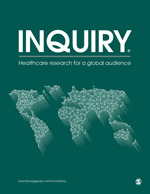
Inquiry is accepting submissions to a special issue devoted to improving the evidence base for gun violence prevention strategies designed to operate at the neighborhood and community level. This will be a true or “gold” open-access issue that involves author fees, but some funding is available to help authors cover the fee, and we hope that makes it possible to support young scholars, post-docs, doctoral students, etc.

SAFELab, led by Desmond Upton Patton, created an app to avoid misinterpretation of social media data. In a time when law enforcement actively monitors social media and considers activity as evidence, and reporters use social media in storylines, InterpretMe aims to reduce bias from out-of-context interpretations.
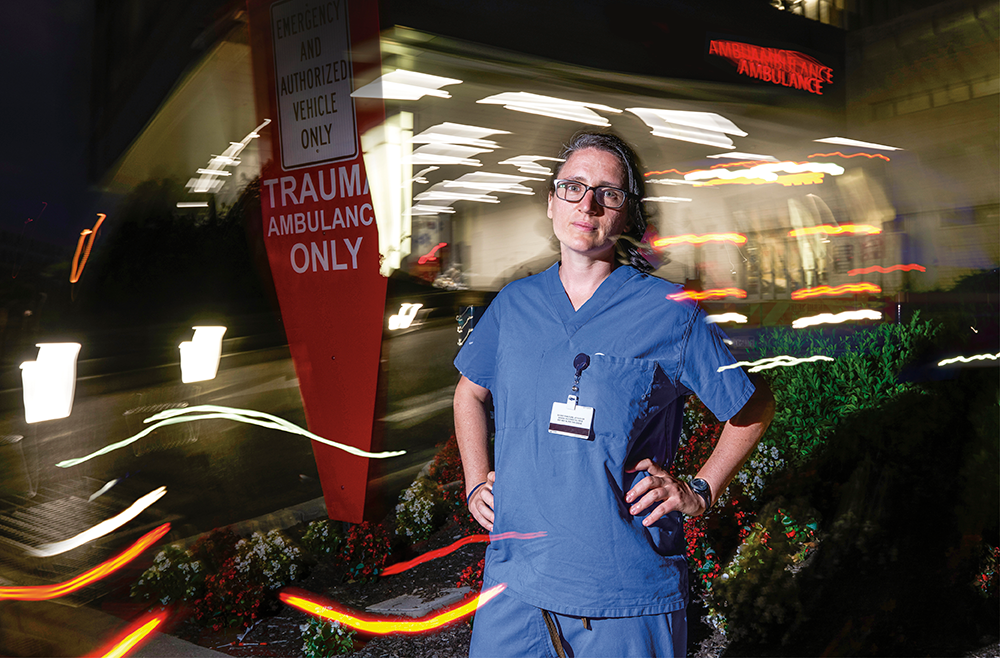
Elinore Kaufman recently spoke with Penn LDI about addressing firearm injury at the source. “As a trauma surgeon, I pride myself on fixing problems, and at Penn, we provide state-of-the-art acute care to our injured patients; including 80 people actively enrolled in our recovery program. But violent injury is a structural disease.”
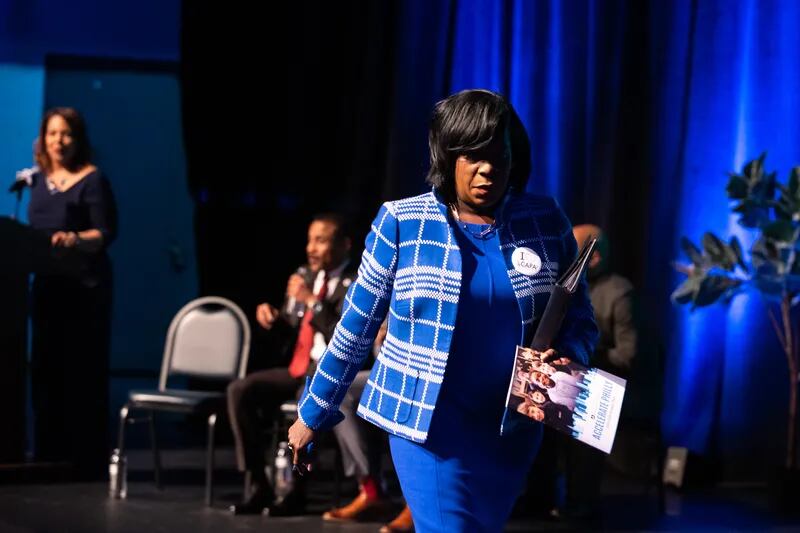
Shoshana Aronowitz was featured in an article in the Inquirer about how the Parker Administration is approaching the opioid crisis. Aronowitz expressed concerns that people affected by the approach would not be able to access quality treatment.


Desmond Patton published an opinion essay in Newsweek on what’s often missing from debates about social media and mental health: gun violence. Patton lays out important considerations when bringing the topic of gun violence into this debate, including how to avoid over-policing or stigmatizing the involved youth who could benefit from mental health support.
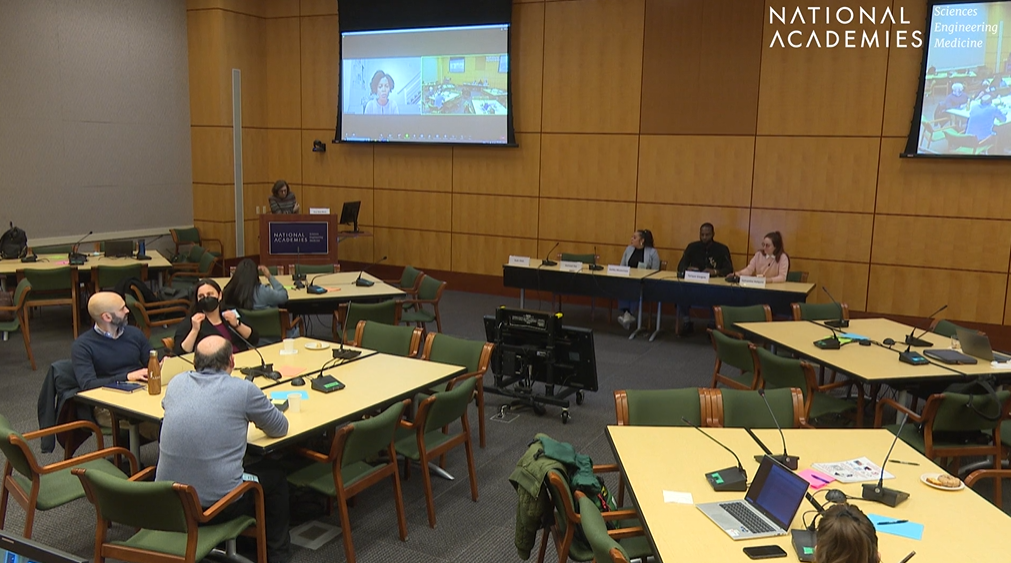

The National Academies of Sciences, Engineering, and Medicine have published the “Community Safety as a Social Determinant of Health” workshop proceedings and video highlights, which feature Research Core Director Terry Richmond and Community Action Board member Tyrique Glasgow.


Center Co-Director Kate McDonald talked with Safety+Health magazine, a publication of the National Safety Council, about how parents become role models of safe driving from the moment their kids are turned around to their front-facing car seats.


To celebrate the 10th anniversary of the Center for Violence Prevention (CVP) at Children’s Hospital of Philadelphia (CHOP), a spotlight series is highlighting CVP’s pillars and programs that help to reduce exposure to and impact of violence among youth and their families.
Read the series here: (1) Aggression and Bullying Prevention, (2) Community Violence and Trauma Support, (3) Intimate Partner Violence Prevention, Suicide Prevention, and Gun Safety, and (4) Professional Development and Training



Emily Seeburger and Shoshana Aronowitz published an op-ed in the Inquirer describing how the Parker administration’s approach to the opioid crisis could be strengthened by science, emphasizing that coerced treatment does not work.


Mayor Cherelle Parker declared a public safety emergency during her January 2nd inaugural address. The order calls for a report from the police commissioner in 30 days with a plan of how to reduce violent crime within the first 100 days of the administration. The mayor’s declaration comes almost one year after Elinore Kaufman served as a moderator of the Restoring Safety Forum which posed questions about public safety to then mayoral candidates.
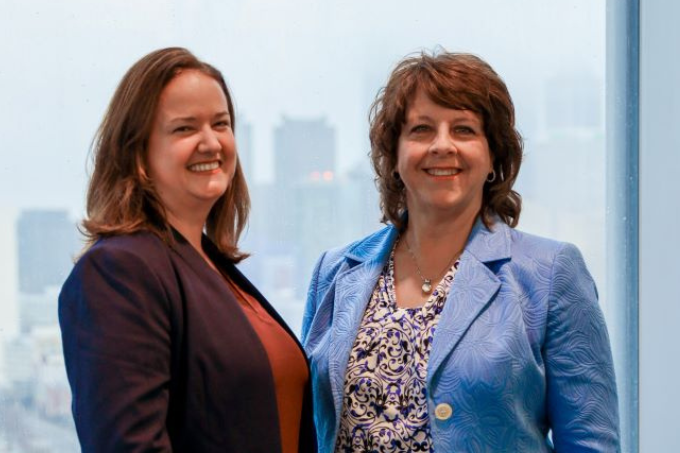

The Center for Injury Research and Prevention at the Children’s Hospital of Philadelphia announced their five-year strategic plan, which includes Founder Flaura Winston passing the directorship to Scientific Director Kristy Arbogast and Associate Director Rachel Myers. The Penn Injury Science Center looks forward to continued collaboration with our peers in injury prevention in the next five years.
